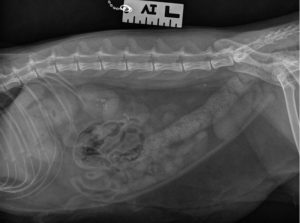A Positive Approach to Ancient Frail Felines
The Geriatric Cat
Questions and Answers
You are shown an abdominal radiograph of an azotaemic cat. What abnormalities are present? How would you determine significance, or otherwise, more conclusively?
Would you always undertake urinary tract imaging in a cat with newly diagnosed azotaemia?
Answer
Several small radio-opaque objects, consistent with uroliths, are present in both kidneys, and there is at least one more that could be located in a ureter.
Othogonal radiography may help to better localise the possible ureterolith. Urinary tract ultrasound would help to demonstrate whether the liths are obstructive. Safe contrast techniques also exist. Renoliths are often clinically silent, but intervention is frequently required when a ureterolith is present.
The amount of investigation undertaken in any patient of course depends on the individual circumstances, including owner motivation, finances, and most importantly the clinical status of the cat. Renal imaging tells you nothing about renal function. However, a cat presenting unwell, with newly diagnosed azotaemia, may benefit from imaging as this is the only way to detect potentially reversible elements of kidney disease such as uretal obstruction, or pyelonephritis.
How did you get on?
This question and answer is from the tutor on the upcoming Online Mini Series Course ‘Feline Medicine – The Geriatric Cat’. Register now for very practical help and essential tips for the best outcomes with your geriatric cats.
The Geriatric Cat
Online Mini Series Course
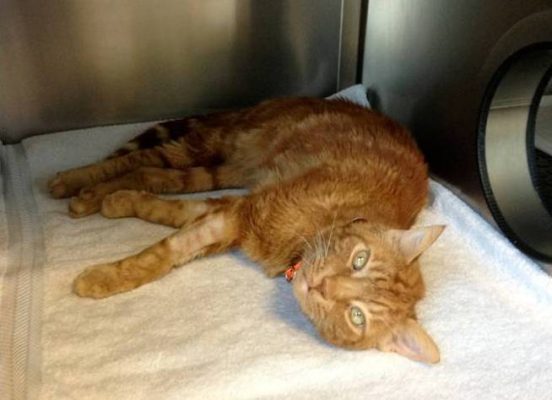
- Get a positive approach to managing older cats
- Review the role of preventive medicine clinics for geriatric cats
- Evaluate how various geriatric diseases and their treatments may interact in a single patient
- You have a whole year’s access to recorded sessions and study notes for reviewing key points
- Superb value for money – you learn without travelling or paying for accommodation, childcare or petcare
- Watch the recordings on your iPad, mobile, PC or tablet
- Self-assessment quiz to ‘release’ your 8 hours CPD certification
Excellent step by step approach to diagnosis in difficult cases
In depth detail on the treatment of chronic kidney disease and hyperthyroidism. and how to better control Diabetes melitus
What will I learn on this course?
Session 1
Old or Ill? Improving quality of life in geriatric cats
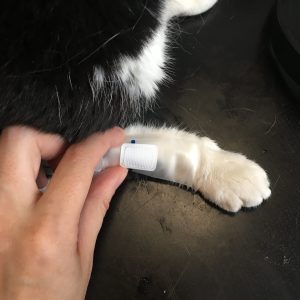
- A variety of medical conditions that may occur in elderly cats
- Preventative medicine clinics for geriatric pets
- How to best tailor investigations to an unwell individual
- A considered approach to vaccination in older patients
Session 2
Improving the odds: Management of co-morbid conditions in elderly cats

- How to best tailor treatment to the individual
- The ways in which disease conditions influence each other
- When to consider drug interactions and contra-indications
- How to alter doses of medication to allow for hepatic or renal dysfunction
Session 3
Fading away: The enigma of weight loss in geriatric cats
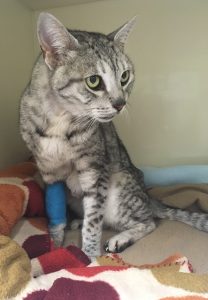
- A logical diagnostic approach to the feline patient presenting with weight loss
- Top tips for diagnosing the geriatric diseases in their early stages or when signs are subtle or atypical
- Diagnostic tips for subtle or frustrating presentations such as occult neoplasia, diffuse intestinal disease, central disease
- When and how to consider nutritional support in an inappetent patient
Meet the Presenter....
Dr Ellie Mardell
MA VetMB CertSAM DSAM(fel) MRCVS
RCVS Recognised Specialist in Feline Medicine
MANZCVS Associate Member

After qualifying in 1999 from Cambridge Veterinary School, Ellie worked in first opinion small animal practice for 3 years. She was then fortunate to undertake one of the last UK residencies in Feline Medicine, at the Animal Health Trust. Following this she worked at Bristol University for a year, in the feline, canine and emergency medicine departments. She gained the RCVS Diploma in Feline Medicine and RCVS Specialist Status in Feline Medicine whilst working in private referral practice. Latterly, Ellie works part time for Axiom Veterinary Laboratories as an internal medicine consultant, and divides the remainder of her time between specialist locum work, teaching, and feline medicine consultancy, via her own company, Feline Better Ltd. Ellie is also an associate editor for BVA’s In Practice Journal, and an assessor and examiner for the CertAVP.
Attend the Live Sessions or watch the Recordings later - it's up to you!
The content of the Mini Series has helped me greatly in confidence.
Session 1 - Friday 2nd August 2024 2pm-4pm (UK Time)
Session 2 - Friday 16th August 2024 2pm-4pm (UK Time)
Session 3 - Friday 30th August 2024 2pm-4pm (UK Time)
No special equipment required... just a decent broadband connection
It doesn’t matter……all sessions are recorded and you have access to them for a full 12 months after the course.

The content of the Mini Series has helped me greatly in confidence.
Just £497 + VAT*
Overseas customers outside the UK will not be charged VAT.
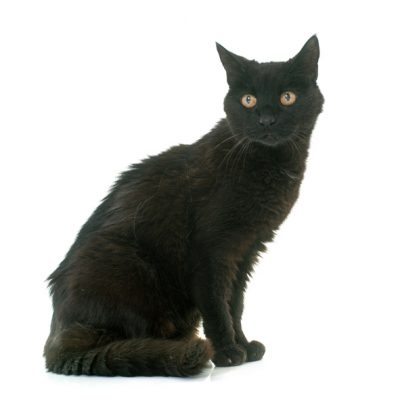
Price includes...
- All 3 sessions
- Notes and quiz (8 hours CPD)
- PLUS unlimited access to recordings and all course materials for 12 months!
- No traffic jams or accommodation hassles
- No child or pet care to arrange
- No rota clashes to worry about and no locum cover needed
Just great CPD and a valuable ongoing resource

100% Money Back Guarantee
Buy with absolute confidence as your purchase is protected by our 100%, no quibble money-back guarantee
Very thorough and comprehensive courses. The course notes are a great addition too.
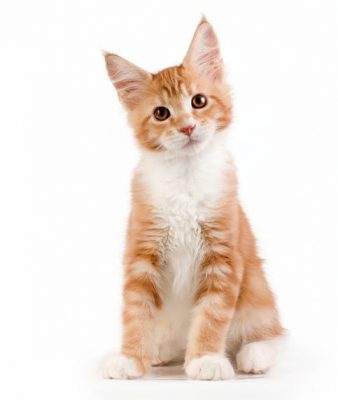
Need Some Help?
Have A Question?
Please call us on:
0151 328 0444Alternatively email
webinarclub@cpd-solutions.comWe will be delighted to help. Thank you!
